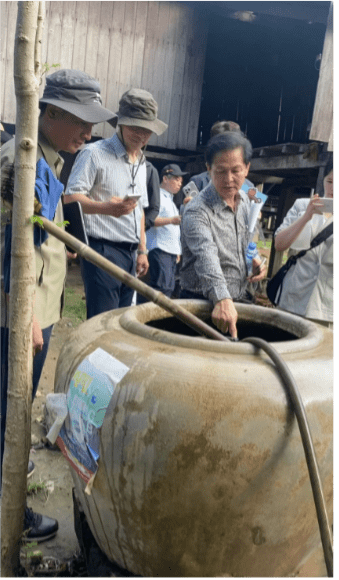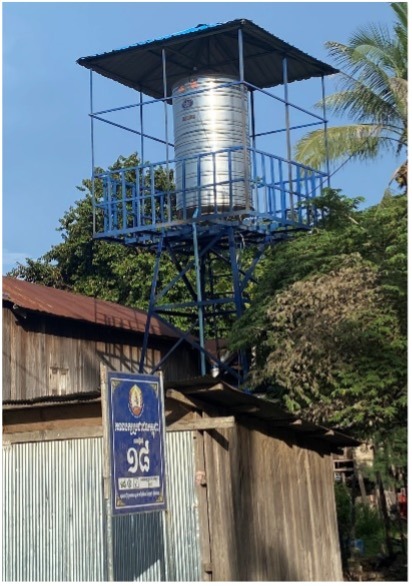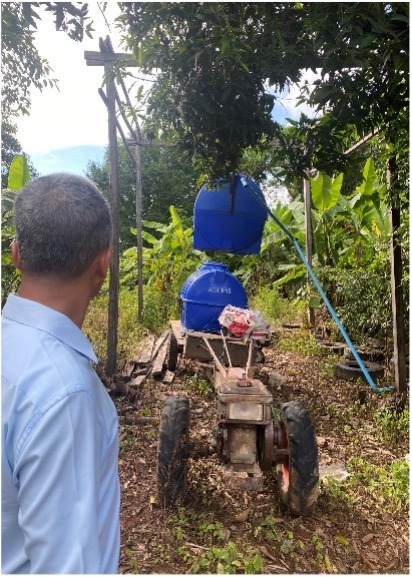Stung Treng, Cambodia, 8-9 August, 2024
On August 9, 2024, the “Improving Access to Clean Water and Increasing Food Security in Sdao Commune, Sesan, Stung Treng” pilot project was officially launched. This initiative, integrating all three components of the Water-Energy-Food (WEF) Nexus, aims to enhance clean water access through solar-powered solutions and bolster agricultural productivity in the remote Sdao community of northern Cambodia.
The launch event, co-organized by the Stung Treng Provincial Government, Cambodia National Mekong Committee Secretariat (CNMCS), the Mekong River Commission Secretariat (MRCS), and the UN Office for South-South Cooperation (UNOSSC), represents a significant advancement in sustainable development for the region. A national consultative forum on August 8 formally approved the project.
A Collaborative Effort for Sustainable Development
This pilot is part of the broader “Triangular Cooperation on Sustainable Development in the Lower Mekong Basin based on the WEF Nexus,” also known as “RoK-UNOSSC Facility Phase 3” and P-LINK. This collaboration between UNOSSC, the Republic of Korea (ROK) Ministry of Science and ICT (MSIT), and the Mekong River Commission (MRC) aims to improve access to water, food, and energy for vulnerable communities across Cambodia, Laos, Thailand, and Vietnam.
Over 50 representatives attended the launch ceremony, where H.E. Mr. Sen Van Sim, Deputy Governor of Stung Treng, expressed gratitude for the support from the ROK Ministry of Science, UNOSSC, MRC, and the P-LINK project team. He emphasized the potential of the pilot to enhance livelihoods and serve as a model for other communities. The pilot, to be implemented over 15 months, will focus on:
- Water System Assessment: Conducting comprehensive evaluations.
- Solar-Powered Water Treatment: Building automated, energy-efficient systems.
- Capacity Building: Providing training and knowledge-sharing for local stakeholders.
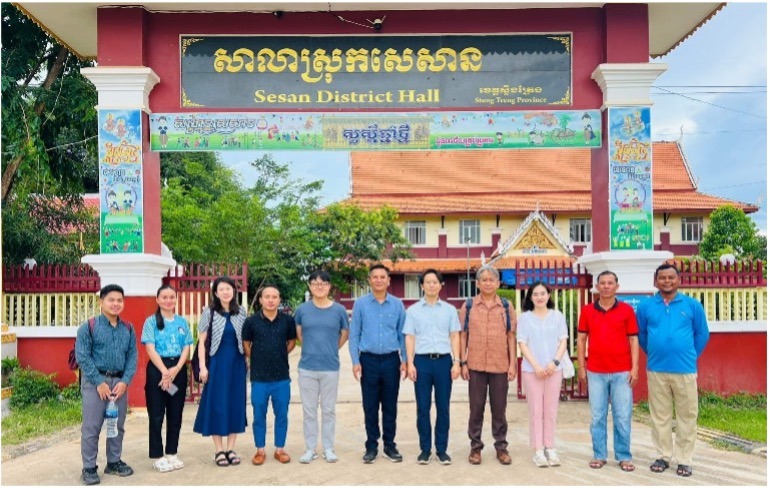
L2E Solution, a ROK technology company specializing in integrated water management, will lead technical transfer and capacity-building efforts.
Inception Ceremony and Discussions
Speakers, including H.E. Mr. So Sophort, Secretary General of CNMC, and Mr. Sunghoon Hwang, Director General of ROK MSIT, highlighted the project’s importance for sustainable development in Mekong region amidst pressing development challenges and climate change.
H.E. So Sophort stressed the crucial role of WEF Nexus in the Mekong subregion, urging Cambodian stakeholders to commit to the project’s long-term sustainability based on One Mekong One Spirit.
Ms. Xiaojun Grace Wang, Trust Fund Director of UNOSSC, emphasized that the pilot will provide valuable insights for the wider region, promoting public-private partnerships and peer learning among Cambodia, Laos, Thailand, and Vietnam.
Reiterating the key messages from other speakers, Dr. Nguyen Cao Don, Head of the Regional Flood and Drought Management Centre (RFDMC), MRC, wished that P-LINK would demonstrate a good transboundary project to enhance the livelihoods of communities dependent on Mekong River basin.
Following the opening session, the project team and L2E Solution presented the project design, implementation plan, and capacity-building strategies. A panel discussion focused on food security, lessons learned from other countries, and project sustainability and scalability.
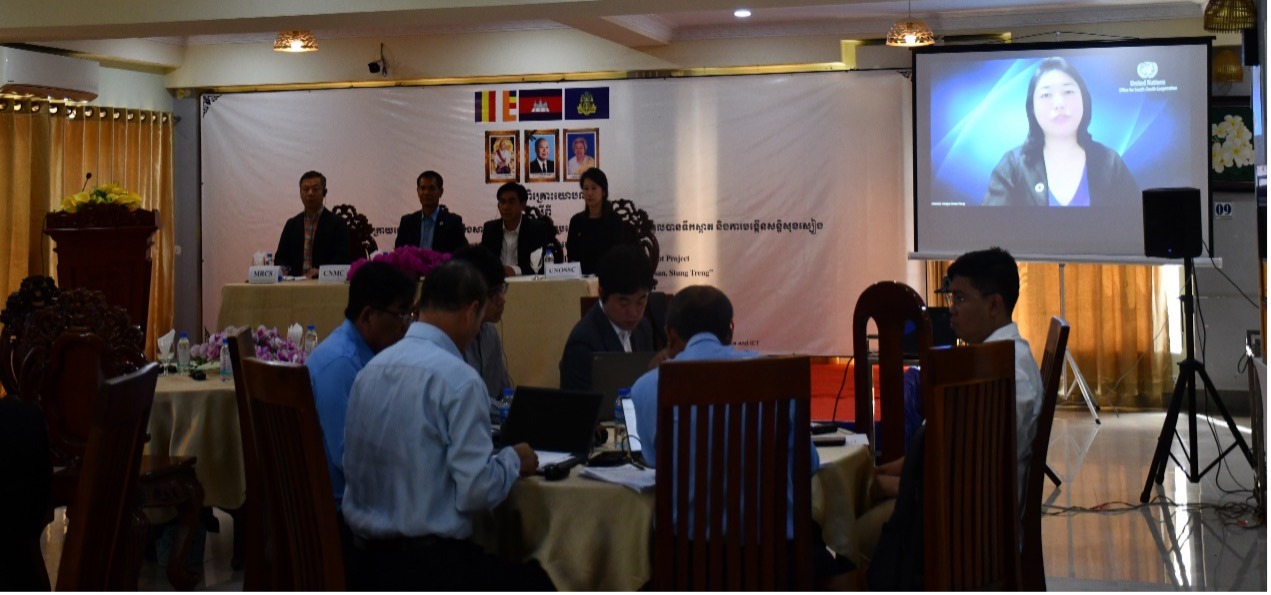
Discussions and Future Plans
Participants discussed the challenges related to water, energy, and food management in Cambodia, the role of Science, Technology, and Innovation (STI) in the WEF Nexus, and shared experiences and best practices from the region. They highlighted the benefits of South-South and Triangular Cooperation (SS & TrC) in technical transfer and knowledge sharing
Site Visit and Looking Ahead
Before the official launch, participants visited the pilot site to understand the local situation and anticipate the project’s impact.
The Vietnam pilot is scheduled for launch in October 2024, following earlier launches in Laos, Thailand, and Cambodia. This project marks a significant step towards sustainable development in the Lower Mekong Basin, promising improved livelihoods and resilience for the region’s communities.
